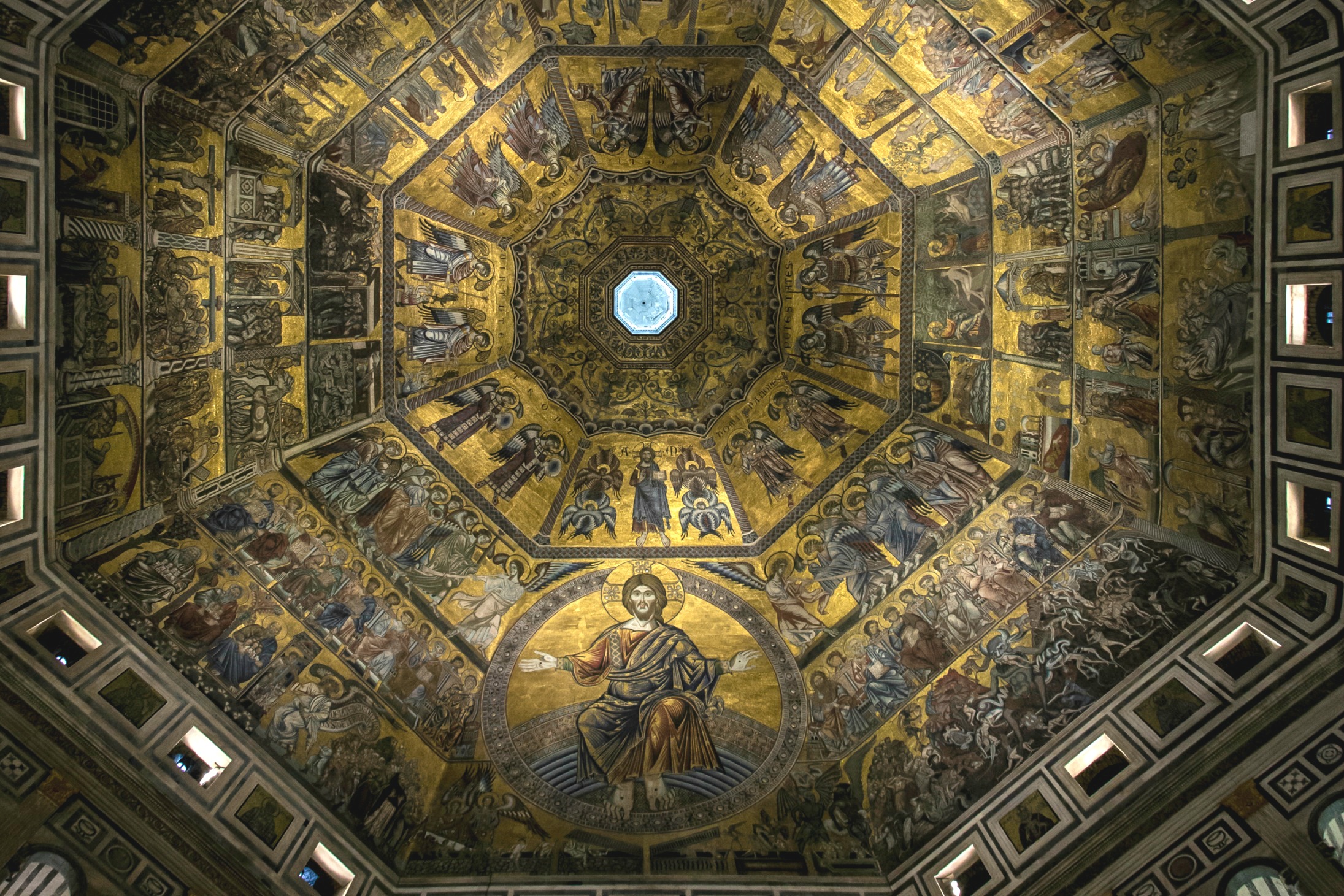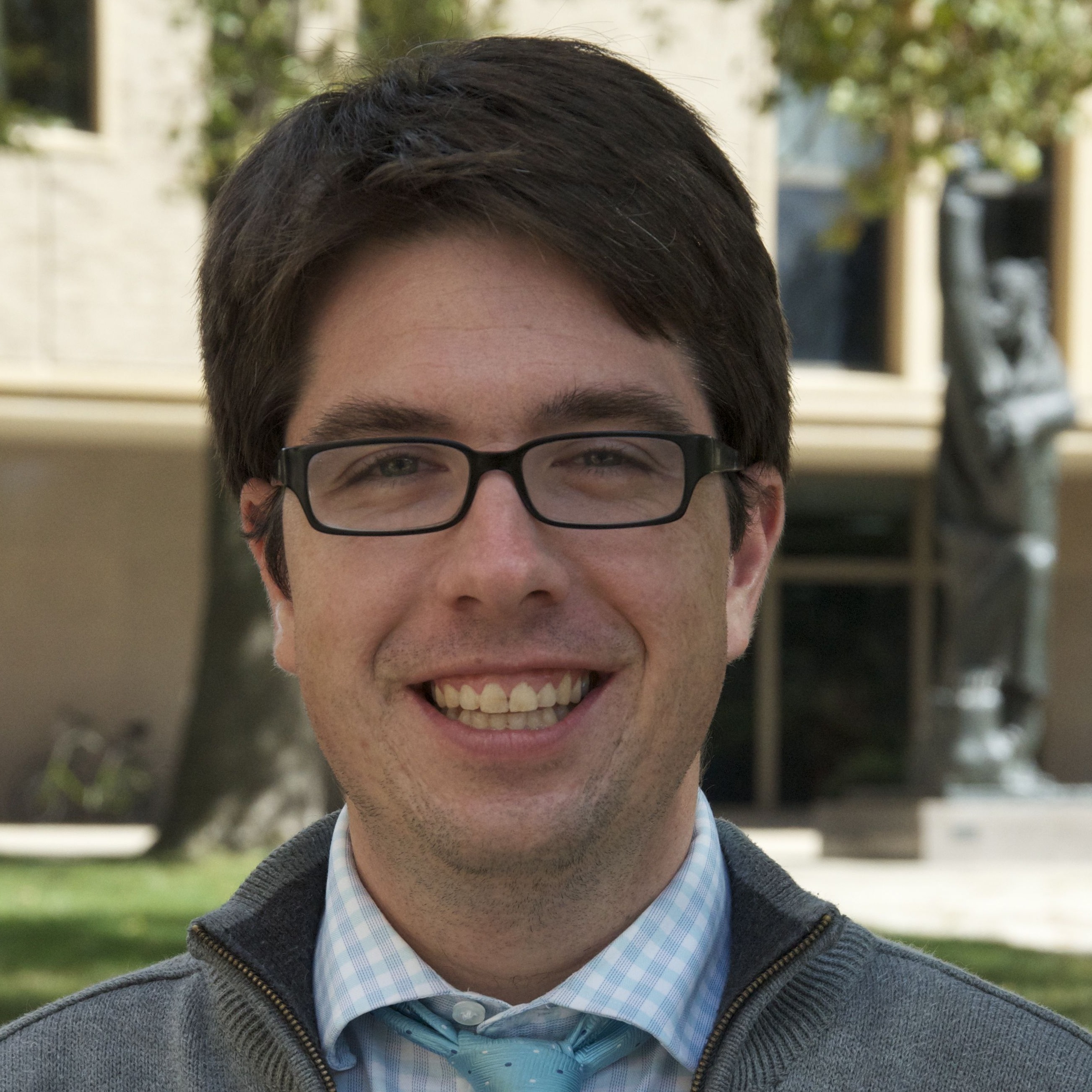The final chapter of the Book of Isaiah describes how Israel will draw all nations to itself, redeeming the entire human family.
The nations of “Tarshish, Put and Lud, Mosoch, Tubal and Javan” (present-day Spain, Libya, Turkey, and Greece) will hear for the very first time about the God of Abraham, of Isaac, and of Jacob (Is 66:19). Members of the tribes of each of these nations will stream toward Jerusalem, the holy mountain.
Not only will they worship God as the people of Israel do but “Some of these I will take as priests and Levites, says the LORD” (Is 66:21). Those once outside the covenant will become those responsible for priestly ministry of this covenant.
Yet, in the Gospel of Luke, a starker story is told by Jesus: “‘Strive to enter through the narrow gate, for many, I tell you, will attempt to enter but will not be strong enough’” (Lk 13:24).
Jesus is noting that there are many attempting to enter into the Kingdom of God, milling about in front of the narrow gate. Don’t treat your salvation as a hypothetical question, Jesus cautions. Instead, make sure that you’re one of the ones who pushes through.
This language of imminent judgment continues in a kind of parable that Jesus tells. Those left outside of the banquet will cry out, “‘Lord, open the door for us’” (Lk 13:25). But, the master of the house does not recognize them. It is too late.
Instead, those who have presumed their entrance into the Kingdom to be pro forma will gaze inside the banquet hall and see “Abraham, Isaac, and Jacob and all the prophets in the kingdom of God . . . And people will come from the east and the west and from the north and the south” (Lk 13:28–29). They who thought themselves first in the Kingdom will be excluded from the supper of the Lamb.
How does one understand the tension between the Old Testament reading and the Gospel? Will all be saved? Will few be saved? Will I be saved?
In some ways, these are the wrong questions. In Jesus Christ, the prophecy from the book of Isaiah has come to its end. All nations have been invited to worship on the holy mountain. They have come from east and west, north and south, to participate in the Eucharistic Supper of the Lamb.
But, the test is not over. As Hebrews notes, “My son, do not disdain the discipline of the Lord or lose heart when reproved by him; for whom the Lord loves, he disciplines” (Heb 12:5–6).
We may have grown tired of the Christian life, living it with full peace, not recognizing the radical call toward self-gift that being Christian necessitates. We may live in the world as practical atheists, who do not pray, who do not think of the Lord except when it is convenient to do so. We may live as those grown cold to divine solidarity, not living in communion with others who are on the margins.
Our salvation is not guaranteed. Many are trying to get in. We have to run toward Jerusalem, awaiting the joy that is ours to receive. Dragging the whole world along with us.
We won’t be saved just because we were here first. God loves all. God wants to bestow mercy to all.
But, this mercy isn’t free. It comes with the cost that we have to give everything away to follow in the footsteps of our Lord toward the city of Jerusalem.
All nations are invited. All people are invited. The admission is simply following in the footsteps of our crucified and risen Lord.
![]()
This article originally appeared in Our Sunday Visitor: Newsweekly on August 3, 2016 and is reproduced here with the permission of the publisher.
Featured Image: Battistero di San Giovanni (Florence). Photo: Ingrid Krammer; CC-BY-2.0.



